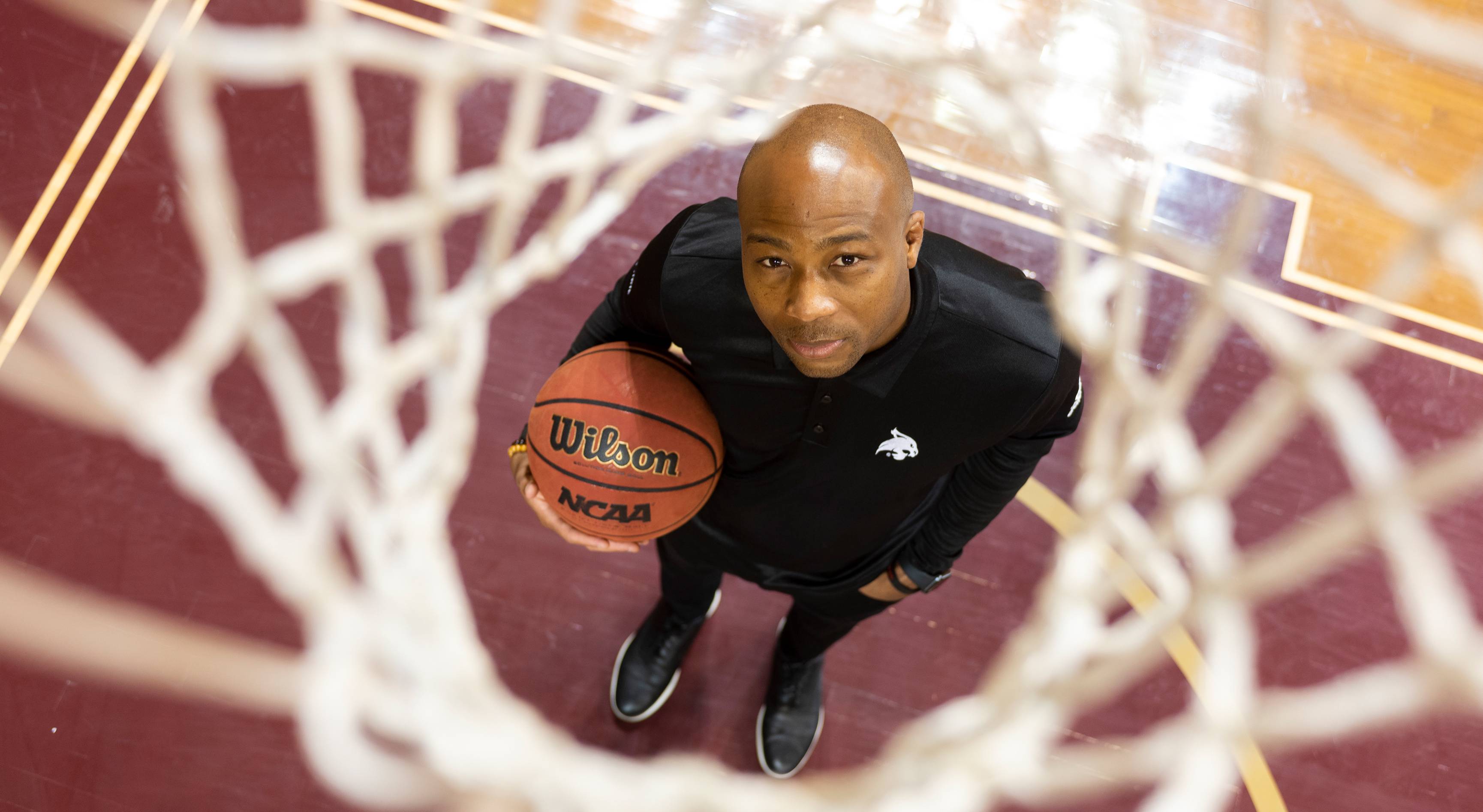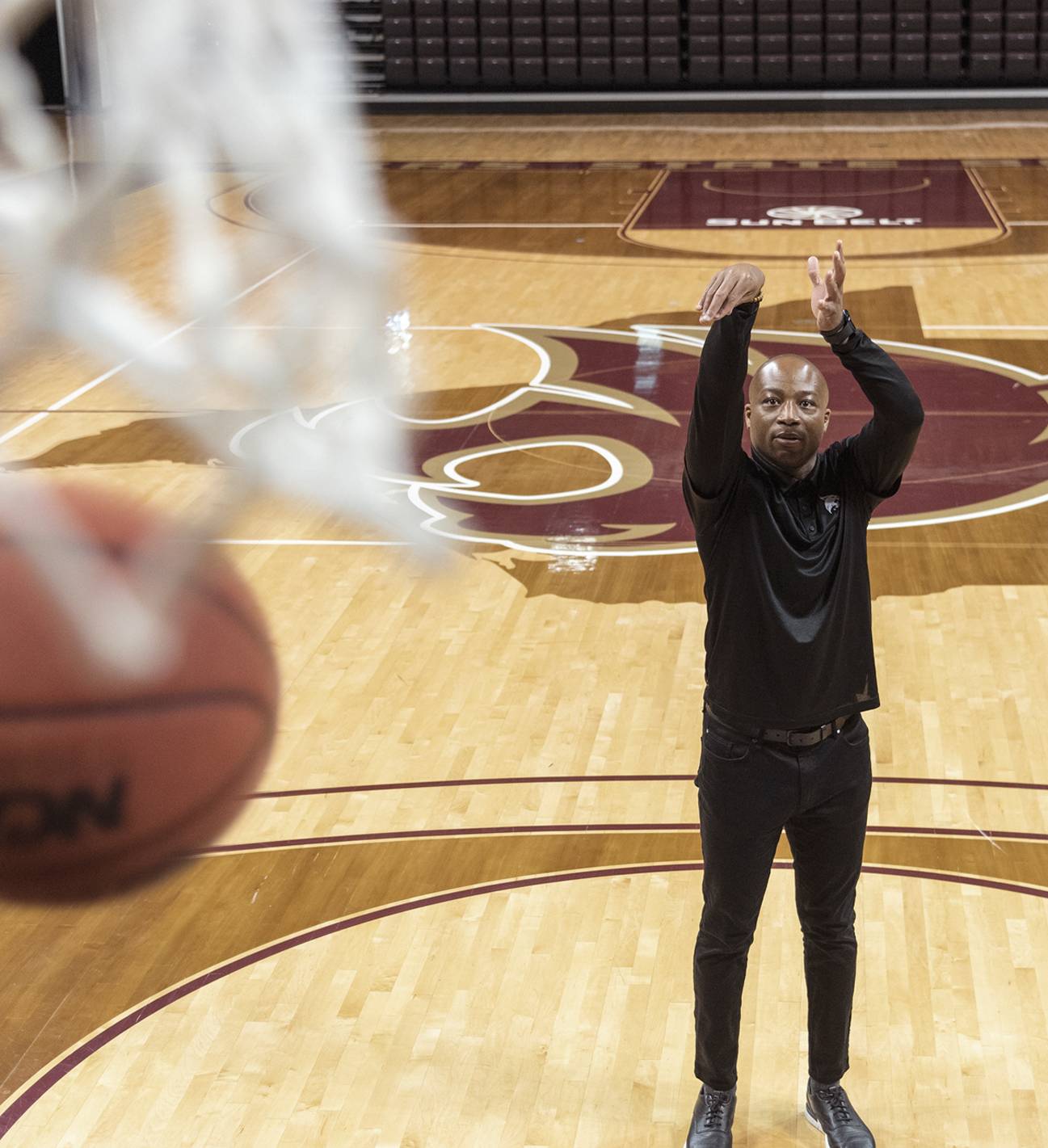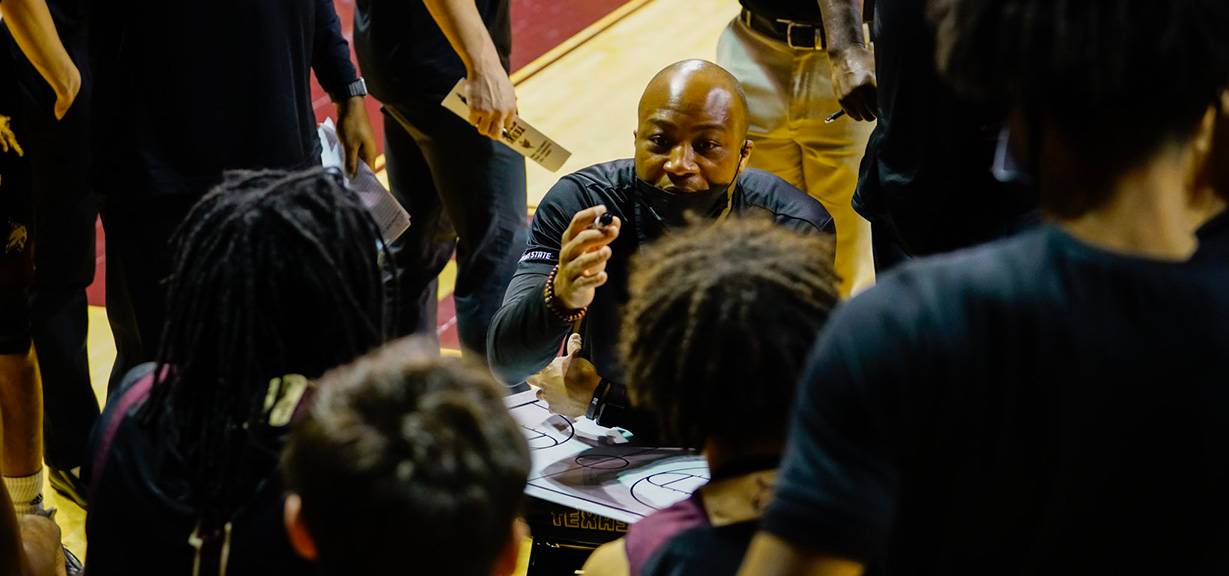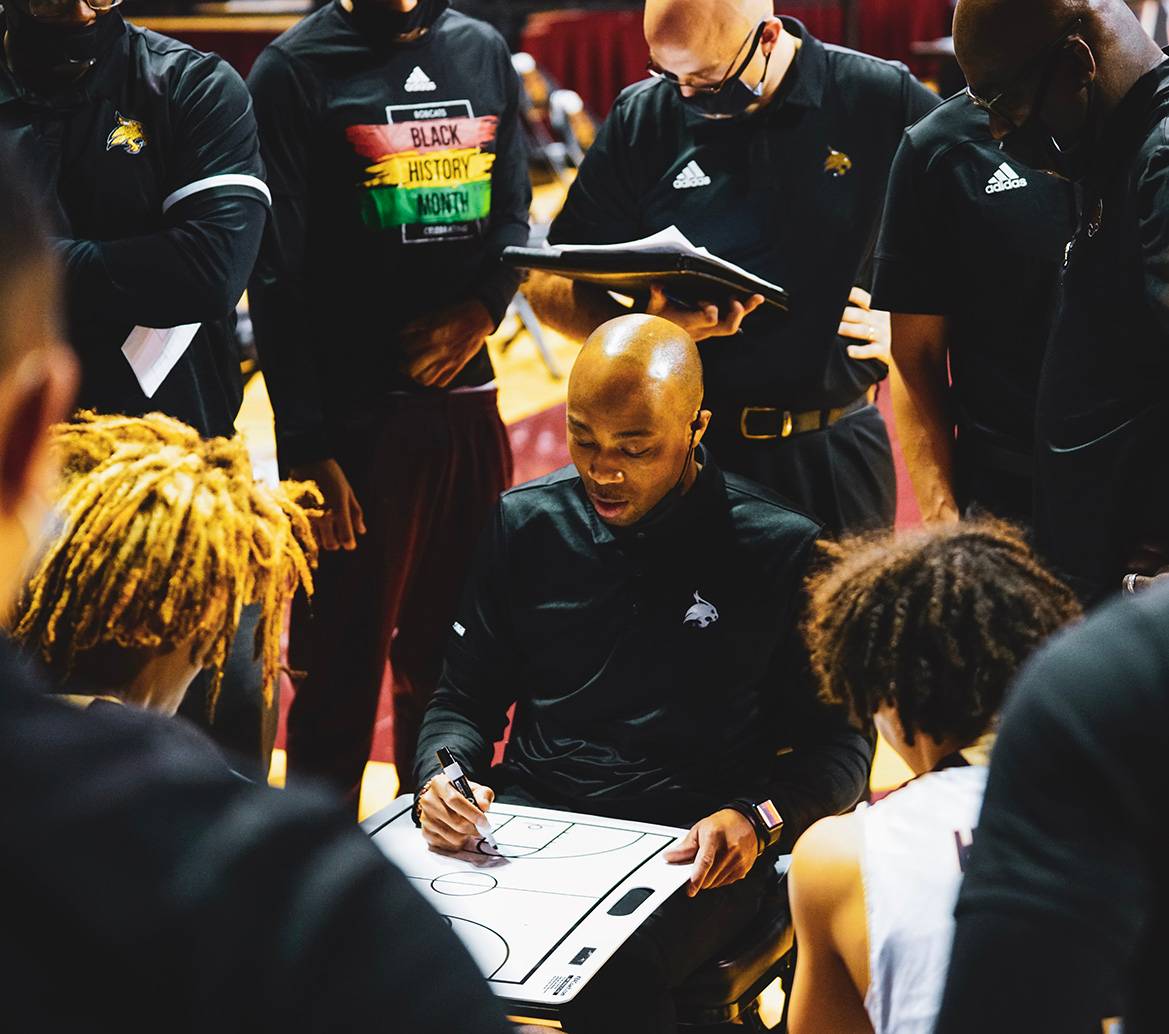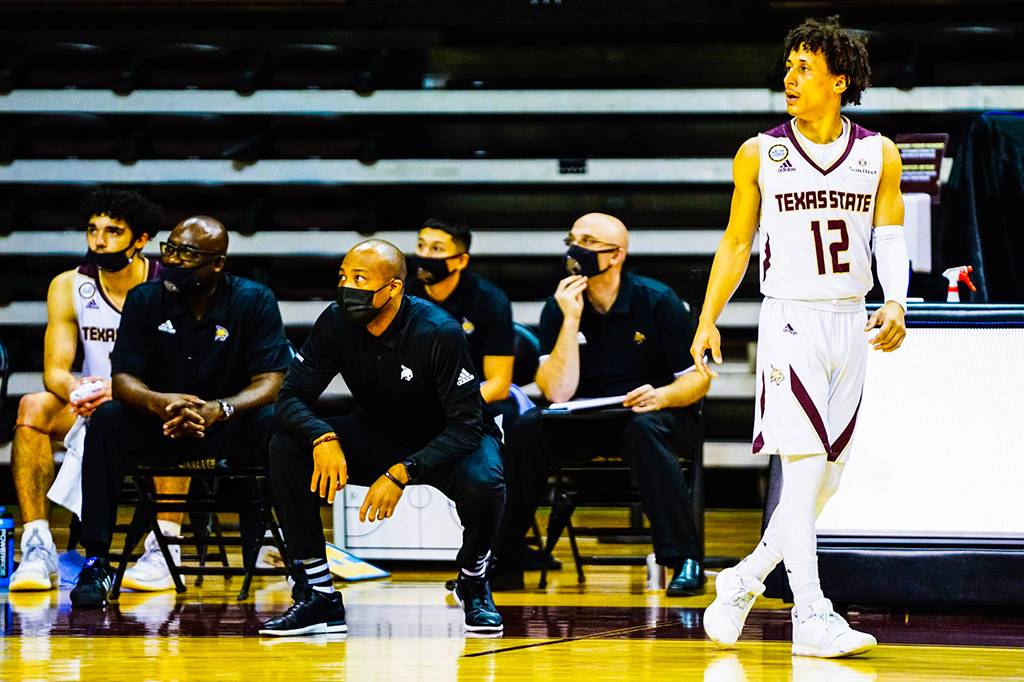If Teis needed any more validation that Johnson was the right fit, he had gotten it. “You could tell how much our players admired him and appreciated the hard work he had put in to make our team successful,” Teis says. “When the players were celebrating on top of his car, it was a special moment. It was easy to name him our head coach.”
That was not lost on Johnson, who lauded the administration’s willingness to promote assistant coaches to replace departing head coaches.
“I don't know if there’s another university in the country that has done that for young assistants that have shown themselves competent, loyal, hardworking, dedicated, and just excited about the opportunity,” Johnson says.
The door, then, is staying wide open. “What excites me the most is that we just did it our own way,” Johnson says. “I don’t know how else to say it. There’re a lot of people out there that have this blueprint to this game and feel like everything needs to be done that way. But we did this our way.”
Shortly after he was named interim coach, Johnson’s sister-in-law, Brooke Nye-Johnson, sent him a gift to boost his confidence. In it was a pen-and-ink drawing by artist Alan Dean, with a portrait of civil rights icon Rosa Parks next to an image of her steadfastly refusing to give up her seat at the front of the bus.
“At the very bottom of it in very small print, it says, ‘This is my seat,’ ” Johnson says. ”When you’re in an interim seat, you need confidence. Sometimes you don’t always have someone call you and encourage you that you’re doing a good job and even though you may have lost this game, that you’re still doing the things that winners do.”
The framed print rests in his office, next to his phone on the credenza behind his desk and the long-awaited seat he is poised to keep. ✪
